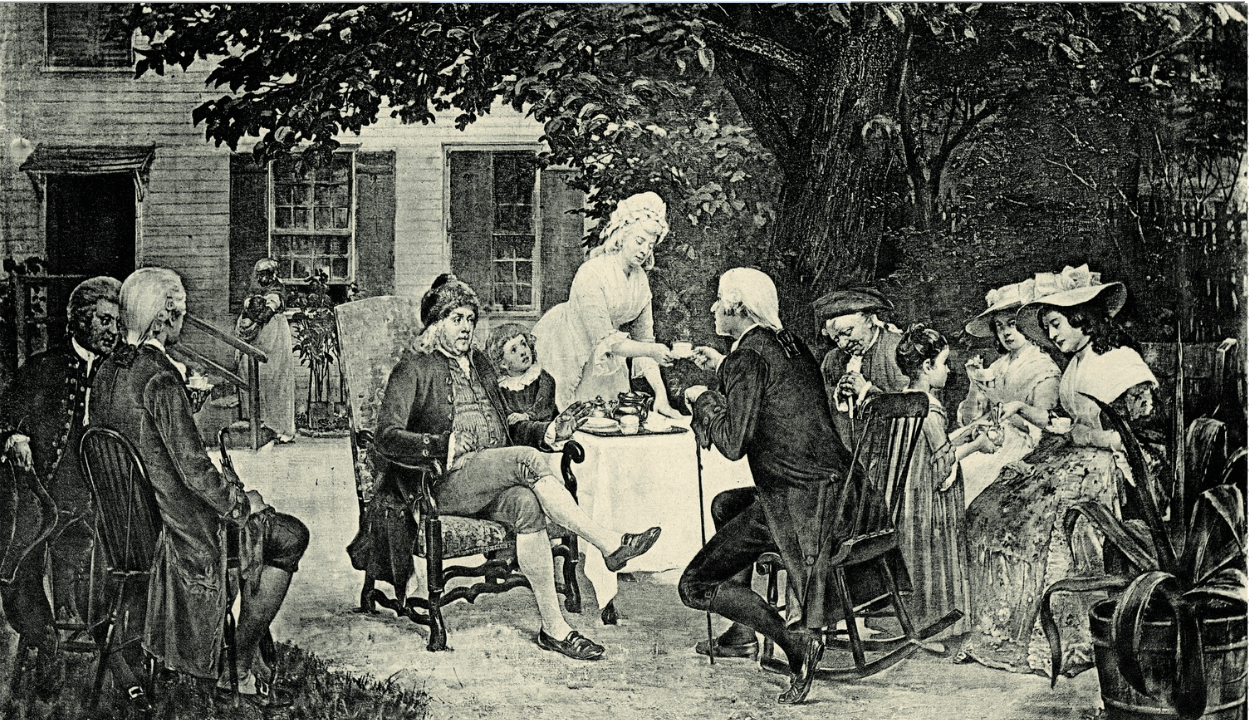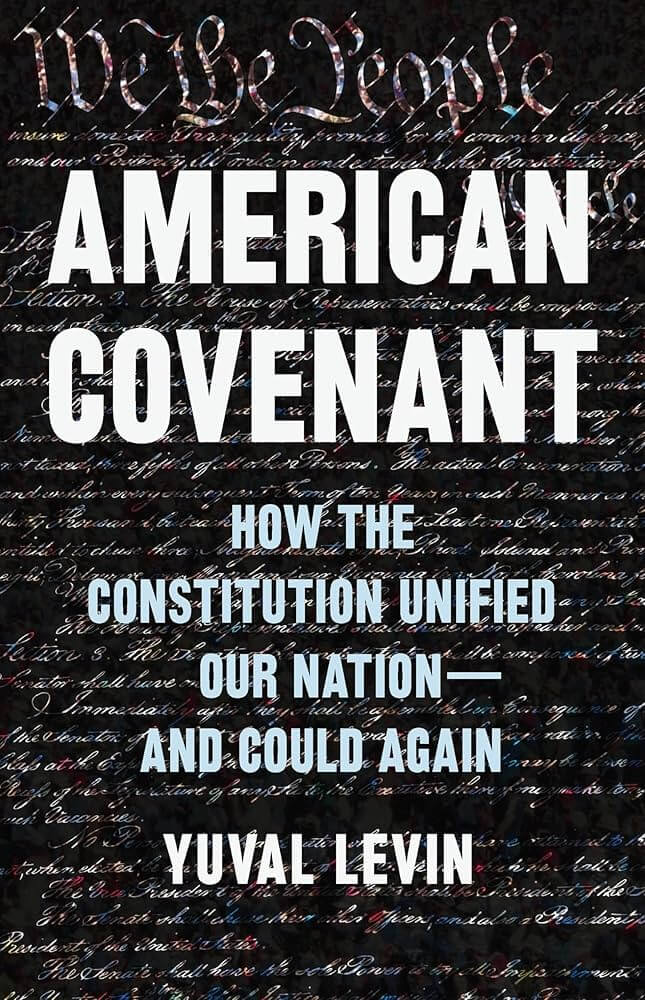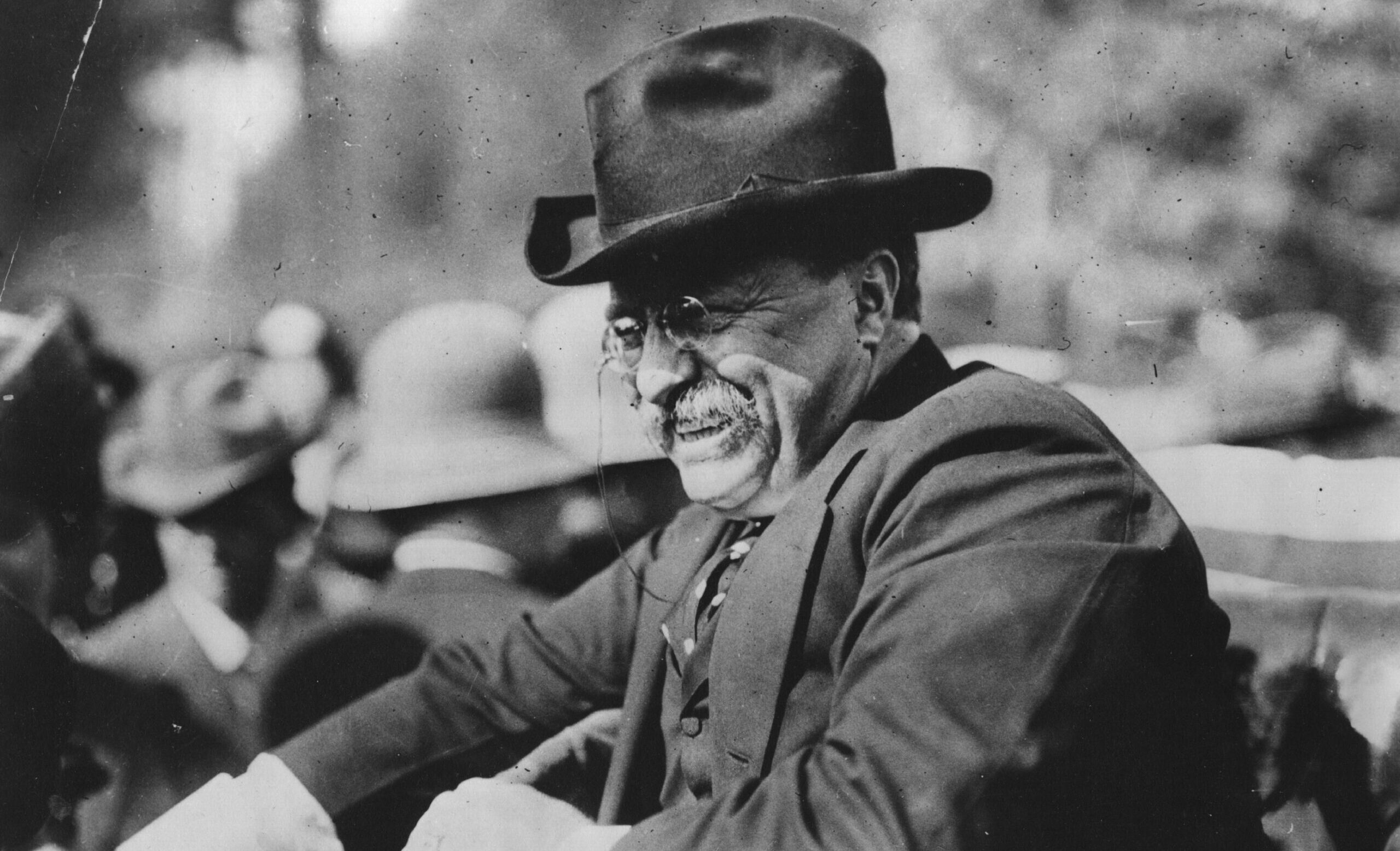In 1885, a young Woodrow Wilson declared, “We of the present generation are in the first season of free, outspoken, unrestrained, constitutional criticism.” The progressive critique of the Constitution that Wilson and his peers inaugurated has had real staying power. To its critics today, there is no room to doubt that the Constitution was a charter reflecting the worldview of oppressors and slaveholders who sought to suppress the masses.
In American Covenant, Yuval Levin proposes that the progressives old and new who have accused the Constitution of making our politics dysfunctional, endangering majority rule, and separating citizens from their government are fundamentally mistaken. Instead, he sees the Constitution’s political theory as a resource citizens can draw upon to learn how to act together to achieve the common good.
Though it’s often mistaken for “liberalism,” Levin explains that the Constitution’s “essential republicanism” is a distinct ethos, one whose basic values and vocabulary have been lost to us. Republicanism shares with liberalism a dedication to individual liberty. It adds, however, a recognition of the extent to which public-spiritedness, a devotion to the common good, and a commitment to civic and moral virtue make a free society possible. The basic tenets of the Constitution’s political theory are at odds with the radical individualism that prevails today.
In contrast to those scholars of the American Founding who stress the Constitution’s indebtedness to modern political philosophy—especially as found in the thought of John Locke and Thomas Hobbes—Levin believes its theory is rooted in an essentially classical mode of thinking. The basis of the Constitution and the institutions it established was not simply the fear of violent death or the desire for self-preservation. Rather, the Constitution had its origins in the Founders’ devotion to civic friendship, their desire to foster social harmony, and their shared attachment to a politics of the common good. Levin makes much of a brief but critical letter written by George Washington to the Confederation Congress in which he intended to explain the work of the Philadelphia Convention. He wrote that the Constitution was the “result of a spirit of amity and of that mutual deference and concession which the peculiarity of our political situation rendered indispensable.”
Levin is right to emphasize this letter, for it expresses a sentiment—common in the reflections of the Framers—that the Constitution was devised in an intensely communal atmosphere. These Framers were men who fought a revolution together and saw firsthand how democratic excess had endangered the liberties of citizens in the 1780s. They understood republicanism and knew what its loss would cost the American people.
The Constitution, therefore, was built upon an ethos of communal responsibility, not radical individualism. At the Philadelphia Convention, the same Framers who in many cases disagreed with one another about the best means of advancing their own state’s interests worked to resolve conflicts through consensus. It is well known that the Constitution was a bundle of compromises. But, as Levin rightly suggests, these compromises reflected more than just a pragmatic mindset about government, one that stresses results and expediency rather than ideals and principles. Far from being merely necessary evils, the compromises of the Convention were critical instruments of republican government. Compromise was associated with a key republican virtue—moderation—and it helped to broaden majorities and deepen popular attachment to civic institutions.
The Constitution was built upon an ethos of communal responsibility, not radical individualism.
The Connecticut Compromise that settled the debate between the large and small states, for instance, did so by satisfying neither side entirely. While the House of Representatives would give states seats proportional to their population, thus privileging the large states, small states benefited from the equality they enjoyed within the Senate. Neither side would have a monopoly on power. What this means, according to Levin, is that the constitutional system did not resolve the tension between small and large states so much as institutionalize it. The structure of the Congress forces both small and the large states to transcend as well as channel their narrow interests—to consider not only what is good for themselves but also what is good for others when they approach legislation. At the heart of the Constitution’s philosophy, according to Levin, is the notion that greater unity in the polity can be achieved if citizens learn how to act together despite their disagreements.
The genius of the Constitution is that the Framers’ emphasis on accommodation and consensus-building was not relegated to the internal proceedings of the Philadelphia Convention but was embedded in the very fabric of the American political order. Levin implies that it is a fundamental misunderstanding of the Constitution to stress the extent to which its system of separated powers, bicameralism, and federalism facilitates gridlock or policy failure. These constitutional principles are better understood as mechanisms by which the major conflicts in society can be resolved peaceably, in a way that is more likely to do justice to all of its parts. These constitutional structures do, in fact, make it harder for passionate majorities to act speedily and hastily. But they also render it more likely that legislation will consider a variety of different interests and perspectives. Lawmakers must aspire to build a broad and stable consensus and not act shortsightedly to satisfy the immediate wishes of a powerful majority. The Framers’ vision of constitutional government and consensus democracy is much more sophisticated than the raw majoritarianism proposed by their critics.
For the Framers, Levin writes, a “diversity of interests and views in American society is a permanent reality.” They did not seek to abolish divergences of opinion but instead sought to force competing interests and perspectives to work together for the common good. Levin proposes that the unity favored by the Framers involved “acting together” but not necessarily “thinking alike.” He documents the ways that many critics of the Constitution prefer a vision of politics that seeks to achieve national unity by giving to all the nation’s people a common opinion. On the left, Levin identifies Woodrow Wilson as a forerunner of this “integralist” perspective, focusing especially on his effort to reduce the importance of bargaining and conciliating interests in Congress and to shift the focus of politics to a powerful president who might inspire citizens with a shared vision and purpose. But Levin does not neglect the integralists on the right, either. As many traditionalists have come to accept the ideological left’s dismissive attitude toward compromise and consensus, they have also begun to pine for unity in the sense of “thinking alike.” Calls for a national established church or even for a “Red Caesar” are now familiar in right-wing circles.
While Levin is correct to emphasize the ideological rigidity of “integralists” on both the right and the left, as well as the problems their perspective poses for the Constitution’s political theory, his effort to dismiss altogether the importance of “thinking alike” in a republic is not totally convincing or without troubles of its own. It is true that the Framers believed that diversity of opinion and religious belief were ineradicable facts of political life. But they also saw the value of seeking to establish a national culture of republicanism that would involve at least some measure of “thinking alike.” Leading Framers such as George Washington called explicitly for the promotion of religion and morality in the republic, believing them to be the only reliable safeguards of civic virtue. Alexander Hamilton criticized mass immigration on the grounds that it would erode the “common national sentiment” and the “uniformity of principles and habits” on which the republic depended. Even Thomas Jefferson emphasized the importance of a common national culture, writing in the 1780s that the nation’s best citizens were “those who have been educated among them, and whose manners, morals and habits, are perfectly homogeneous with those of the country.”
Could it be that “integralism,” rather than being an invention of progressive critics of the Founding, actually has more roots in the Founders’ philosophy than Levin is willing to admit? I think that Levin’s predilection to diversity is explained by his occasional overemphasis on James Madison and Federalist No. 10 at the expense of the views of other, less individualistic Framers. Levin ignores a truth, one accepted by many of the Framers, that the possibility of democratic compromise and the achievement of consensus is bolstered when citizens possess the bonds of affection that come only from possession of common moral, religious, and political beliefs. It is much easier to compromise when you believe that your opponents share a basic unity of purpose with you and evaluate political life according to a common moral horizon. Levin does not adequately deal with this reality, and he implausibly claims that—with the exception of a few “fringe” groups—Americans today are largely unified around the principles of liberty espoused in the Declaration of Independence and the Constitution. Given the immense popularity of opinions today that are inimical to the very idea of constitutionalism, that seems like quite an overstatement.
Still, American Covenant is an excellent work of scholarship. Levin brings the political theory of the Constitution to life for modern readers, presenting it in a form that is engaging, thoughtful, and accessible. His book does not focus only on abstract theory but also spends ample time discussing our nation’s constitutional and political institutions, including federalism, Congress, the presidency, the judiciary, and political parties, outlining their principled basis and proposing reforms that might strengthen them. His suggestions include expanding the number of congressmen in the House and establishing ranked-choice voting in partisan primaries.
I found myself in disagreement with some of Levin’s practical proposals. In particular, I felt a tension between his desire to strengthen the two-party system—a goal with which I agree—and his argument that Congress could be improved by reducing the role of party leaders and devolving more power to committees. A more powerful and disciplinarian speakership—one modeled along the lines of Thomas Reed, Joseph Cannon, or Newt Gingrich—can actually strengthen political parties by adding to their internal discipline and providing real incentives for partisan loyalty.
That critique notwithstanding, American Covenant reveals Levin to be well versed in the political theory of the Founding and alive to many of the dangers constitutionalism faces today. The Founders recognized that the ultimate success of constitutional government in a republic would depend upon the character and virtue of the citizens themselves. In seeking to educate citizens about the nobility of the Constitution and in explaining the wisdom of the Framers’ republicanism, Levin has performed a great service, not only to contemporary scholarship but to the country as a whole.















